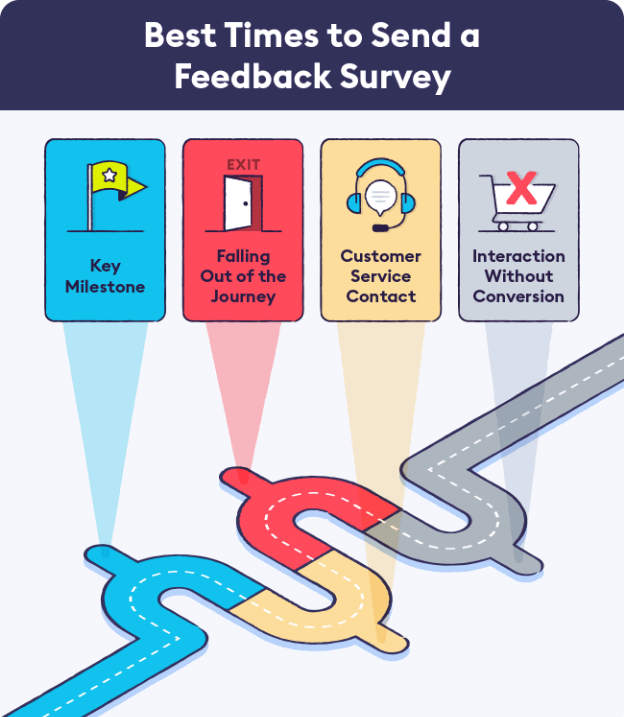Imagine that it is December 2023, and you’re about to thank your team at your holiday party for a great job. You are happy that you have met your goals, which included your profit goal for the year. Profits from this year allowed you to give bonuses to your staff and plan investments to help your business grow in the future. You didn’t feel as if you were doing everything on your own. The team really stepped it up.
When you think about what actions have made a difference, two things come to mind.
You set strong goals for the year
You took time at your annual owners retreat to reflect on your future, and what you want for your business as well as your family. You reviewed your exit strategy, timeline and decided what your business would be worth at that time. You then thought about how much profit your business would need to make to achieve the value you desire for it when you decide to sell.
After determining your profit goal, Breakeven PLUS analysis was used to determine the sales and margins required to achieve that profit. You then created a budget that outlines the financial roadmap for your monthly sales and profit goals.
You also envisioned your personal and professional lives, including the fact that you would like to be as offline as possible when you are not working. You decided to spend most of your time doing what you enjoy and are good at.

You shared your goals with your team
You shared your goals for the first time with your team during a retreat. Your team appreciated your trust in them, and they were happy to learn about your plans and goals. They expressed their frustration at being sent in so many directions. Even told you to spend your time more efficiently. It led to a fascinating discussion about what THEY thought you excelled at, and what you didn’t. You had to admit that some of it was uncomfortable, but they did have some valid points.
You and your team created a meaningful KPI scorecard
You and your team created at the same meeting a Key Performance Indicator Scorecard, which listed monthly goals that were tied to your annual goals. Some were financial goals like revenue, gross profits, labor costs, and expense control. Other goals were centered around marketing, customer satisfaction, and systems.
You evaluated the importance of each KPI to your overall goals. If the goal was important, then it should remain on the scorecard. If not, it’s off.
Financial goals were easy to achieve. It was more difficult to set measurable goals for your desired lifestyle and leadership. You and your team, for example, decided to spend 60% of each month on what you enjoy and do well. This goal was a bit squishy at the time but you chose to stick with it.
You created source people for each KPI
A Source Person was assigned for each KPI. This person was responsible for achieving the goal, but could also enlist other team members to help achieve it. You were surprised to find that more than enough people offered to volunteer as a Source Person. You assigned yourself as the Source Person for Leadership KPIs.
You conducted monthly SET meetings to review KPI progress
You began conducting monthly Strategic Execution Team meetings in January to review your KPI scoresheet. When you achieved or exceeded your goals, you celebrated and corrected the situation. You were impressed by how many team members found innovative solutions to issues that weren’t in their area.
You did not punish any team members for not meeting the standard. However, you became aware that one team member was not achieving their goals consistently despite additional coaching, training, and support. You made a difficult decision to let the person go. You were delighted to hear recently that the person had found a new job at your main competitor.
Unexpectedly, the goal you set for how you spend your time every month had a significant impact. You were more than happy to be called out by your team when you took on tasks that they felt weren’t worth your time. Over the course of the year, other team members assumed some tasks that you had always hated. They were better than you at these tasks.
You had more time to spend “on” your business this year, rather than “in” it. On your days off you found yourself truly offline (for the majority of the time). You have even started planning to open the new location that you’ve wanted for years. Your team member who has been a standout performer this year will become the manager.










Leave a Reply